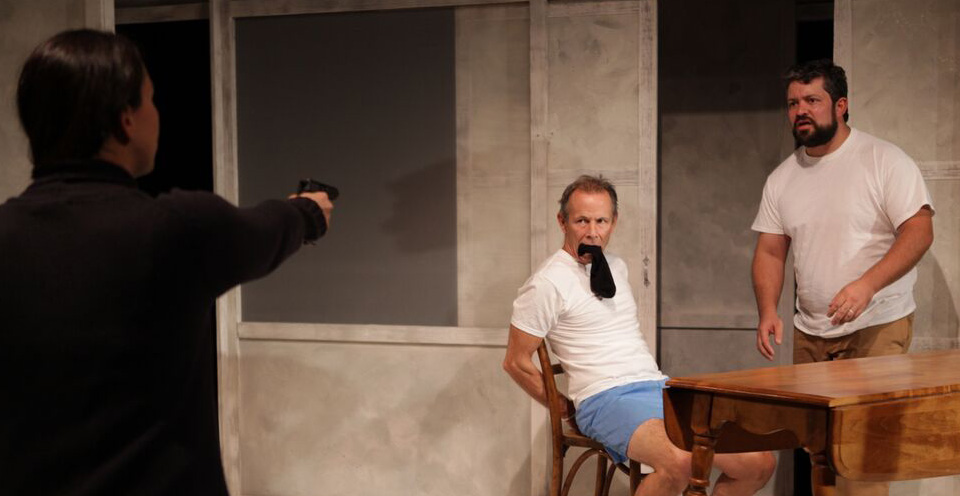Theater Review: Death And The Maiden


Jannis Schelenz
Latest Article|September 3, 2020|Free
::Making Grown Men Cry Since 1992


Jannis Schelenz

